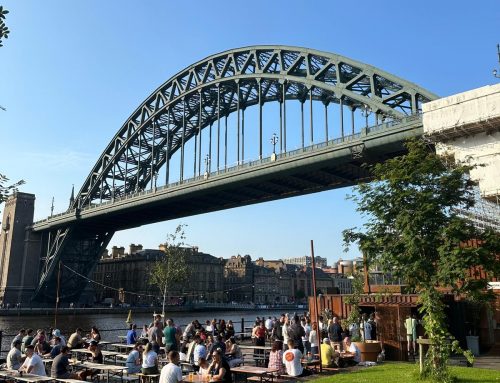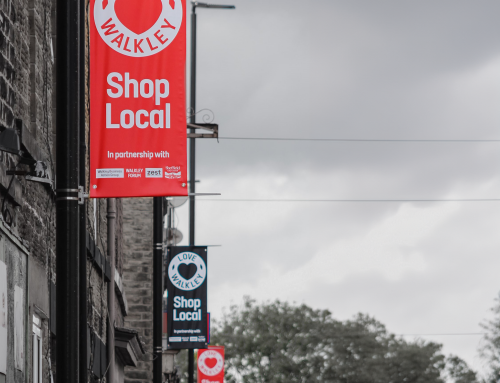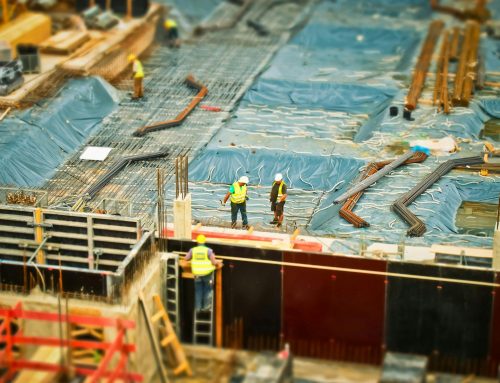![Kirklees[1]](http://kadadevsite.co.uk/wp-content/uploads/2022/08/Kirklees1.png)
54. Kirklees Skills Hub Feasibility Study
54. Kirklees Skills Hub Feasibility Study
“We believed strongly in the social and economic value that a Kirklees Construction Skills Hub could bring to the local area, but we also wanted to be able to demonstrate that it was a viable, long-term investment to our wider stakeholders.
We appointed Kada Research to carry out an independent and impartial feasibility study to look at the success of similar projects elsewhere in the UK, as well as the sustained commercial and learner demand for such a hub here in West Yorkshire.
The Kada-led consortium was thorough and efficient, and as a consequence of the report they produced we were able to demonstrate that, on completion, we will have a training facility that will help people build a career in the construction industry, meet the needs of local employers, and create jobs in the local area.
We are delighted to have now progressed to the next phase of planning.”
Nadine Littlewood, Skills Lead at Kirklees Council.
This two-phase multi-disciplinary study was undertaken by Kada Research for the Kirklees Build project for Kirklees Council, in partnership with the College.
The project looked at the demand for a proposed flexible Construction Skills Hub. This would ensure the Council was able to benefit from major capital projects being delivered across Kirklees over the next decade.
Kirkless Council’s ambition was to maximise the social value benefits from these investments. Kirklees Build was one of nine projects backed by the government as part of the Dewsbury Town Investment Plan.
Kada commissioned a consortium of advisors to work on the project, to include property consultants Aspinall Verdi, further education skills consultants Eunoia, specialist accountants Azets UK, as well as the cost management and quantity surveying team at Rex Proctor and Partners in Leeds.
The first part of the study reviewed the evidence. This involved a review of (a) the concept, context, investment pipeline and local demography (b) the economic performance and prospects for the sector (c) examples from elsewhere in the UK (d) employer perspectives through a survey (e) learner and stakeholder views (we attended some open days).
The phase two report involved an analysis of shortlisted sites; a review of finance, income and expenditure; and an assessment of costs, staffing and learner numbers and governance.
“The strength of this project was the multi-disciplinary team we were able assemble to ensure we have high quality insights on property, costs, skills, and finance. This work essentially gave the green light to a concept to proceed to next stage of business planning. The latent demand for modern methods of construction really struck me most from the business survey and research work we undertook.” Karl Dalgleish, Study Director
If you are thinking about commissioning a feasibility study or if you would like to talk through an idea or hear about this work you can contact us at karl.dalgleish@kadaresearch.co.uk or bridget@kadaresearch.co.uk.







